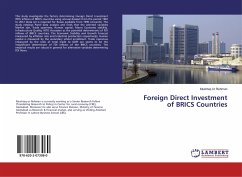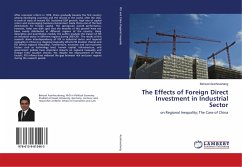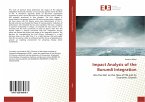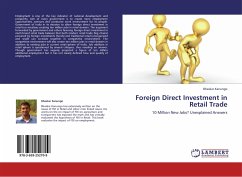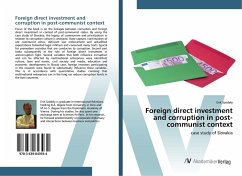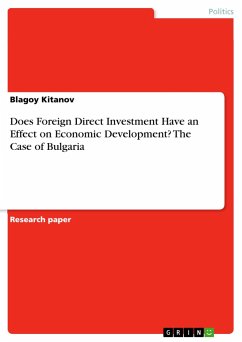The Democratic Republic of Congo (DRC), like most developing countries, which is far from achieving economic emergence, still faces problems in financing its economic activity (financing needs for the trade deficit and the balance of payments as well as the need to bridge the gap between savings and investment) due to the insufficiency of domestic resources. As recourse to international credit remains constrained and limited by the already worrying level of debt on the one hand, and development aid remains insufficient on the other, foreign direct investment (FDI) is a non-debt generating substitute. Thus, this study attempts to highlight the impact of Chinese FDI on the DRC's economic growth. To achieve this, we used multiple regression analysis to estimate the model. The results of our study show that Chinese FDI entering the DRC has a positive but insignificant impact on the economic growth of the recipient country.


